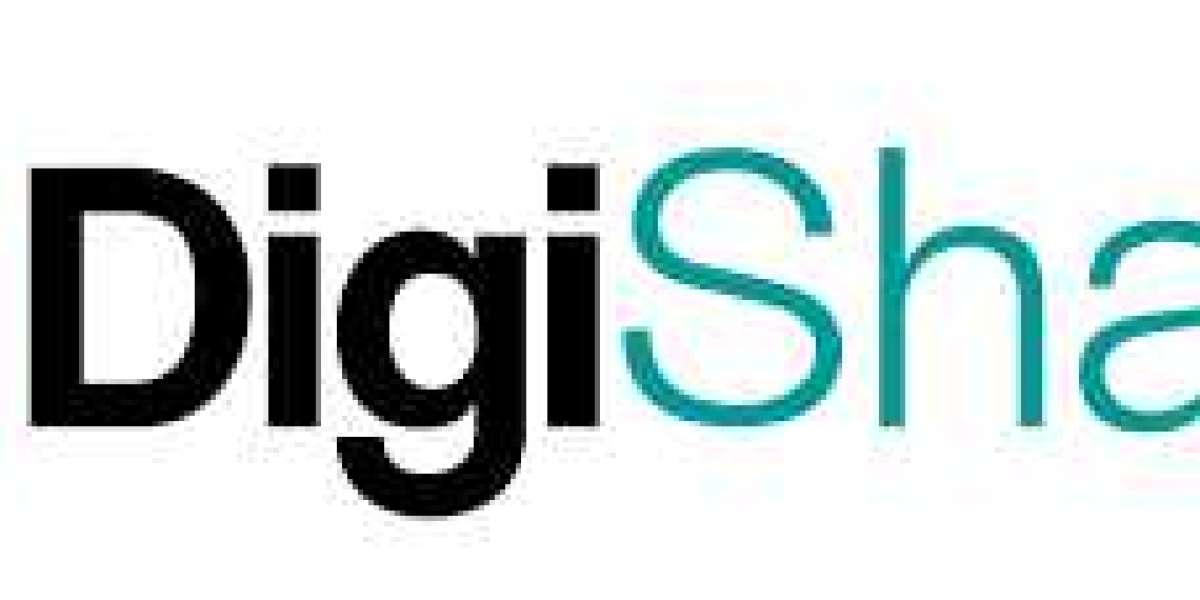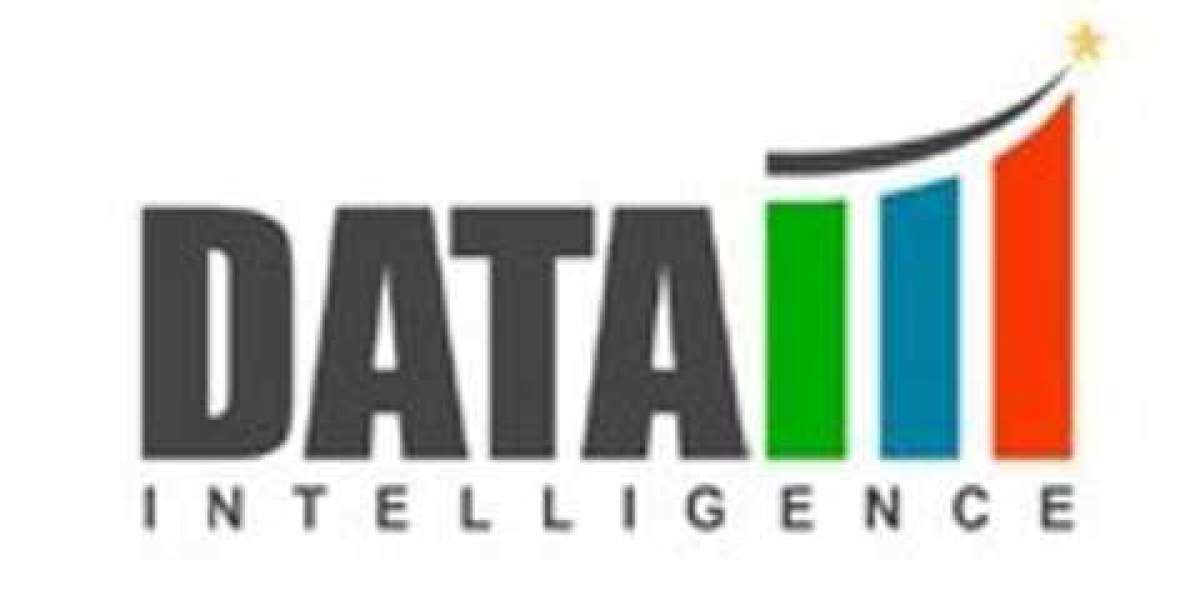Property tokenization is an emerging concept that aims to increase access and liquidity in the real estate market by representing property ownership through digital tokens on a blockchain. This innovative technology has the potential to open real estate investments to more people while bringing increased efficiency to what has historically been an complex, opaque process.
What is Tokenization and How Does it Work?
Tokenization refers to the process of issuing a blockchain token that digitally represents a real tradable asset. Just as a paper certificate can represent ownership of a stock, a digital token on a blockchain can represent ownership of a real-world item like real estate.
Here’s a quick overview of how property tokenization works
A legal entity is created to hold title and formally own a property asset like an apartment building. This entity then issues tokens on a blockchain.
Each token represents fractional ownership of the asset. If 100 tokens were issued for a $1 million property, each token would essentially represent 1% shared ownership.
Tokens can be sold to investors, traded on exchanges, or held like any cryptocurrency. Ownership and transactions are recorded transparently on the blockchain.
Token holders receive earnings from the property such as rental income. Maintenance, taxes and expenses are managed by a designated party.
By issuing blockchain tokens connected directly to ownership data, the process aims to provide liquidity for assets previously difficult to trade as well as increase market accessibility.
Key Benefits for Investors and the Real Estate Market
Property tokenization via blockchain technology offers some key advantages that many believe can expand real estate investment opportunities.
Greater Accessibility
Whereas the minimums to invest traditionally may exclude many (think $100K+ for commercial property), tokenized real estate could allow almost anyone to get involved at much lower cost.
24/7 Liquidity
Ownership tokens traded on a blockchain exchange can offer liquidity potential more similar to financial markets than the longer-term commitments of traditional property sales.
Fractional Ownership
Rather than requiring single entities or partnerships to purchase entire properties, almost anyone could own a small fractional piece a range of real estate assets.
Streamlined Processes
Cumbersome paperwork and processes to record deeds, execute sales, collect payments and more could be greatly simplified with blockchain verification and automation.
Enhanced Transparency
Ownership histories, accounting, transactions and revenues can all be immutably tracked on the blockchain, better aligning incentives and providing transparency.
While still emerging, proponents believe these factors and others can open real estate investing to more individuals as well as improve inefficient processes that deter some investors. Standards around compliance, security, reliability and more must be established, but development is accelerating.
Looking Ahead: Growth, Regulations and Mainstream Adoption
Though in early stages, the growth trajectory for real estate tokenization indeed looks promising. One estimate projects that 10% of global real estate by market cap could be tokenized by 2028 - equal to over $16 trillion in property assets converted to tradable digital securities.
For such predictions to materialize, however, certain factors must align
Mainstream adoption of blockchain technologies
Regulatory clarity and compliance standards
Insurance policies applicable to tokenized assets
User-friendly platforms to purchase, manage and trade tokens
Integration with existing real estate finance systems
Government entities are still assessing how to best regulate such assets, but thoughtful policies could enable innovation and opportunity while safeguarding market stability and integrity.
Fun Fact: An early pioneer of applying tokenization to high-priced property is the Louvre Museum in Paris! To help fund renovations, the museum partnered to issue tokens representing fractional ownership in a $550 million painting by Leonardo da Vinci.
With increased collaboration across finance, policy, law, and technology domains, property tokenization hopes to unlock a real estate transformation - one putting everything from vacation homes to iconic museums on the blockchain. While changes take time, the foundational infrastructure is falling into place.
Check here for more details about real estate tokenization check this link https://digishares.io/real-estate-tokenization







